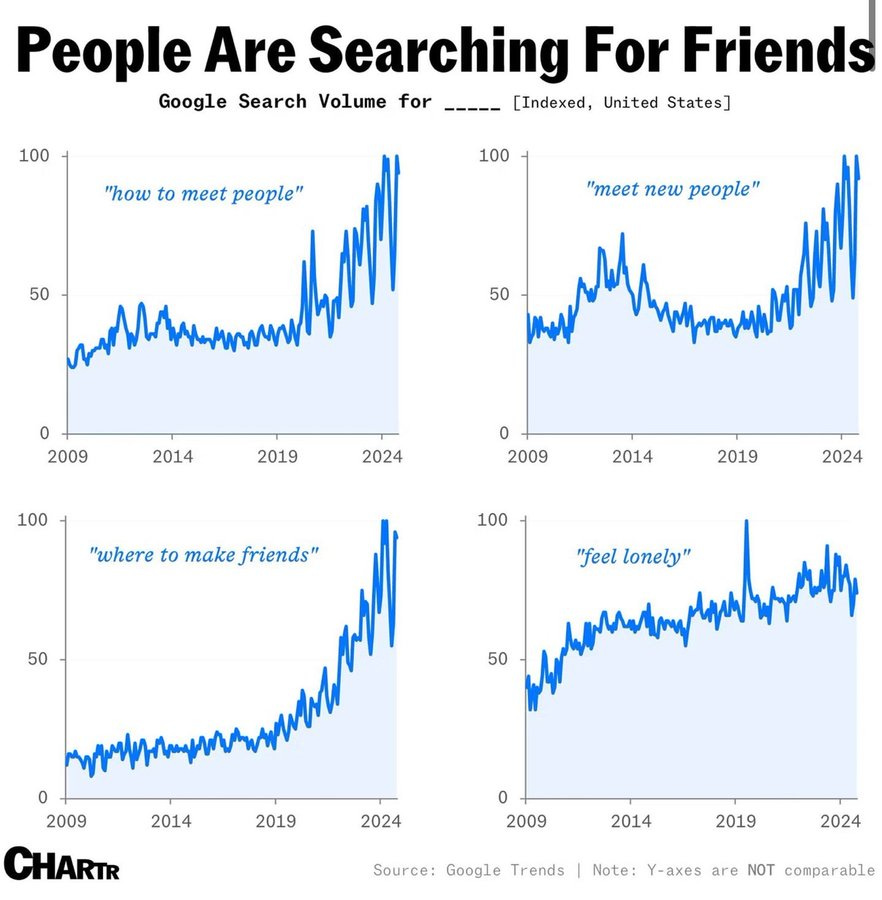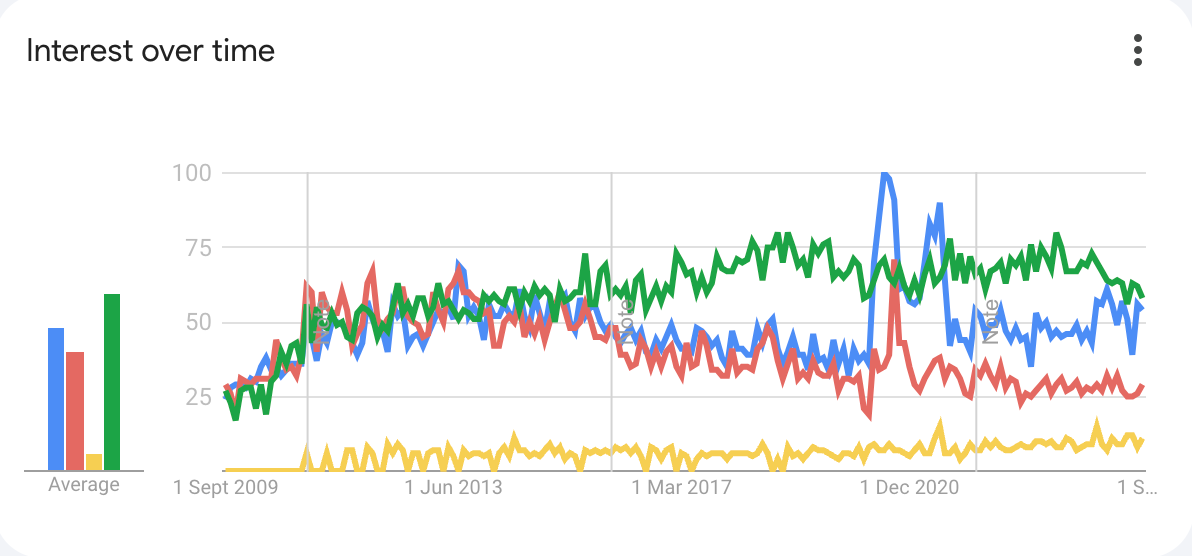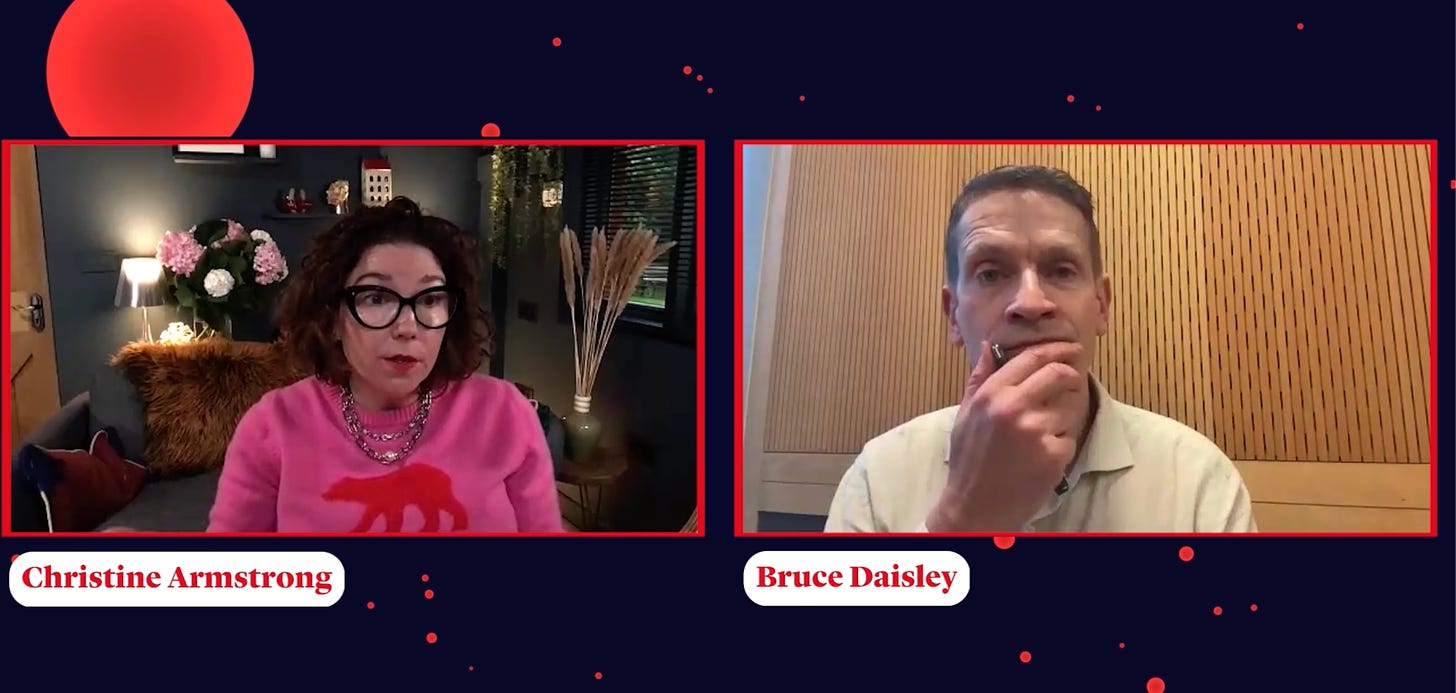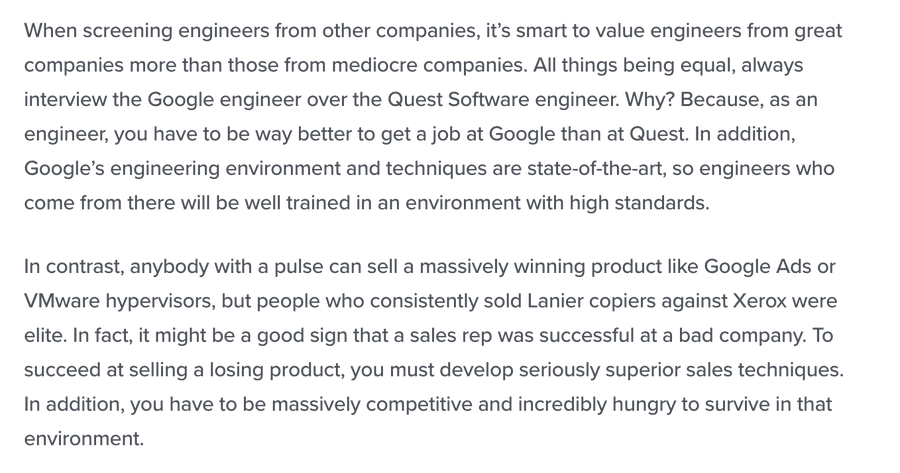Are we really struggling to make friends?
ALSO: productivity data for flex work, how to hire sales people and a new podcast
There was a really intriguing social media post this week that use Google search data to suggest that people were feeling more disconnected than ever before. Using Google Trend data it showed how more searchers were looking to bring more friends into their lives. You can see the data for yourself here.
I looked into this a little and by comparison the trends for the UK are less clear cut (take a look).
In fact you’d go as far to say that the British data for the last few years have been remarkably stable (aside from an understandable desire to meet people in summer 2020. This could even have been searches of where it was legal to meet existing friends).
It doesn’t mean that this isn’t a genuine issue. Work used to be a place that we made friends. Indeed this TikTok user suggests that the big after work drinks night becoming Thursday (rather than Friday) has led to fewer work friendships becoming BFFs. Gallup data says that 40% of UK workers say they don’t have a single friend at work now.
It does beg the question of why US society is lonelier than Britain? What do you think?
Read more:
Loneliness at work might have a simple solution
The Loneliness of the modern worker (and more on the same)
After mine and Christine Armstrong’s latest post - about DEI initiatives being under threat - someone got in touch to say that their firm had got rid of all discussions of diversity, for fear of right wing attacks on them. “I'll happily be rid of the pink cupcakes on IWD - performative initiatives that don't actually do anything to help the broader issue” but this is “all really sad and depressing. Members of my team who are from marginalised communities are feeling less safe now and less accepted”.
What do you think? Are your DEI programs being scrapped?
A study into public sector workers found they were 12% more productive working from home because they had fewer interruptions. The office is about connection, WFH is about focus, I guess.
In a poll of employees three quarters of Amazon workers said they were considering their future at the company over the firm’s 5-day office mandate. Any boss wondering if there are legs in this approach should note that an anonymous internal survey at Amazon scored employee happiness at around 10% (a 1.4 score on a four point 1-5 scale). On Glassdoor two-thirds of workers say they would opt for flexible work over a promotion.
A convincing philosophy on hiring by Ben Horowitz: technical people (like engineers) - hire from an elite employer; sales people - hire someone who has thrived at a mediocre brand:
How to deal with toxic culture
There’s something gossipy and captivating about tales of toxic culture. We don’t just find the stories of the Ellen Show or the CBI intriguing because they often have juicy details to them but also because a lot of us recognise these behaviours and we’re delighted to see the people responsible face the consequences of their actions. I chatted to culture expert Colin Ellis about toxic culture and how to fix it. His new book is called Detox Your Culture.











I think there's something to be said of the mindset of someone who works at "underdog" businesses. In recruitment, I love working for these kinds of places because I love the joy of a hidden gem of a career, and matching that with a range of candidates. It's the thrill of the chase.